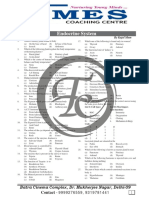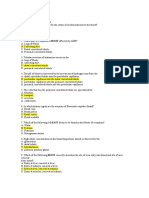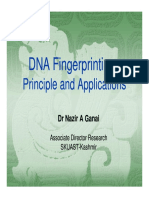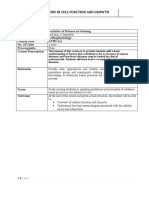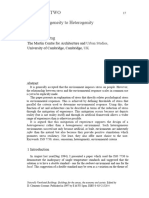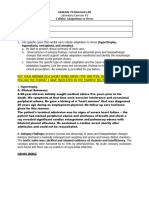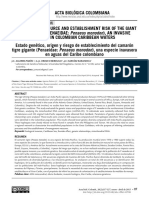100% found this document useful (1 vote)
3K views7 pagesDigestive System 100 Questions
NCERT Base questions
Uploaded by
hickir380Copyright
© © All Rights Reserved
We take content rights seriously. If you suspect this is your content, claim it here.
Available Formats
Download as DOCX, PDF, TXT or read online on Scribd
100% found this document useful (1 vote)
3K views7 pagesDigestive System 100 Questions
NCERT Base questions
Uploaded by
hickir380Copyright
© © All Rights Reserved
We take content rights seriously. If you suspect this is your content, claim it here.
Available Formats
Download as DOCX, PDF, TXT or read online on Scribd
/ 7








































